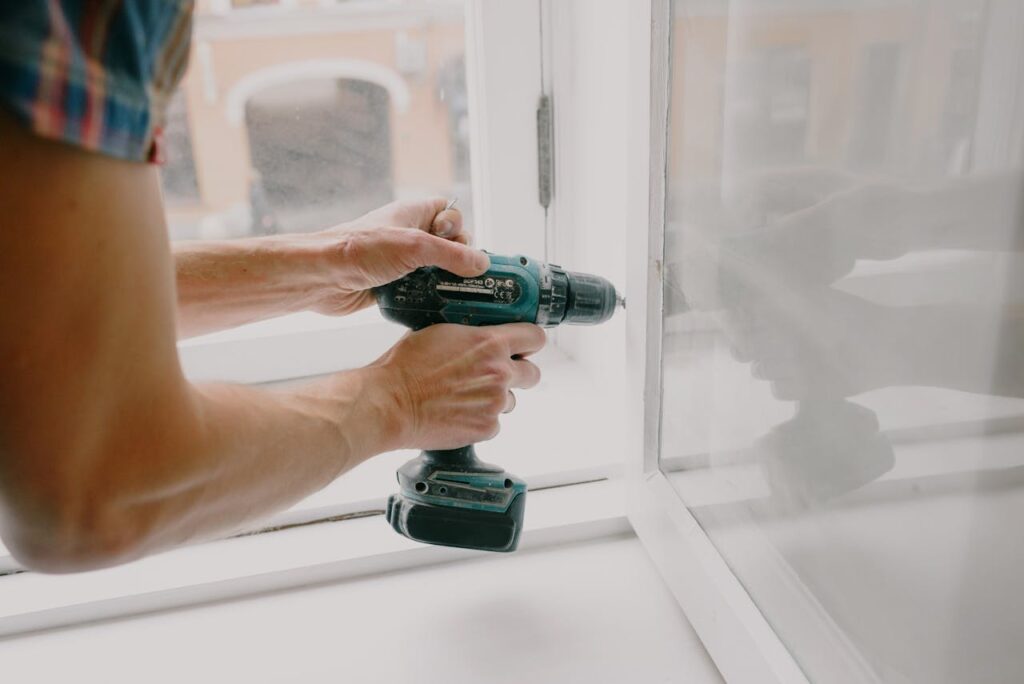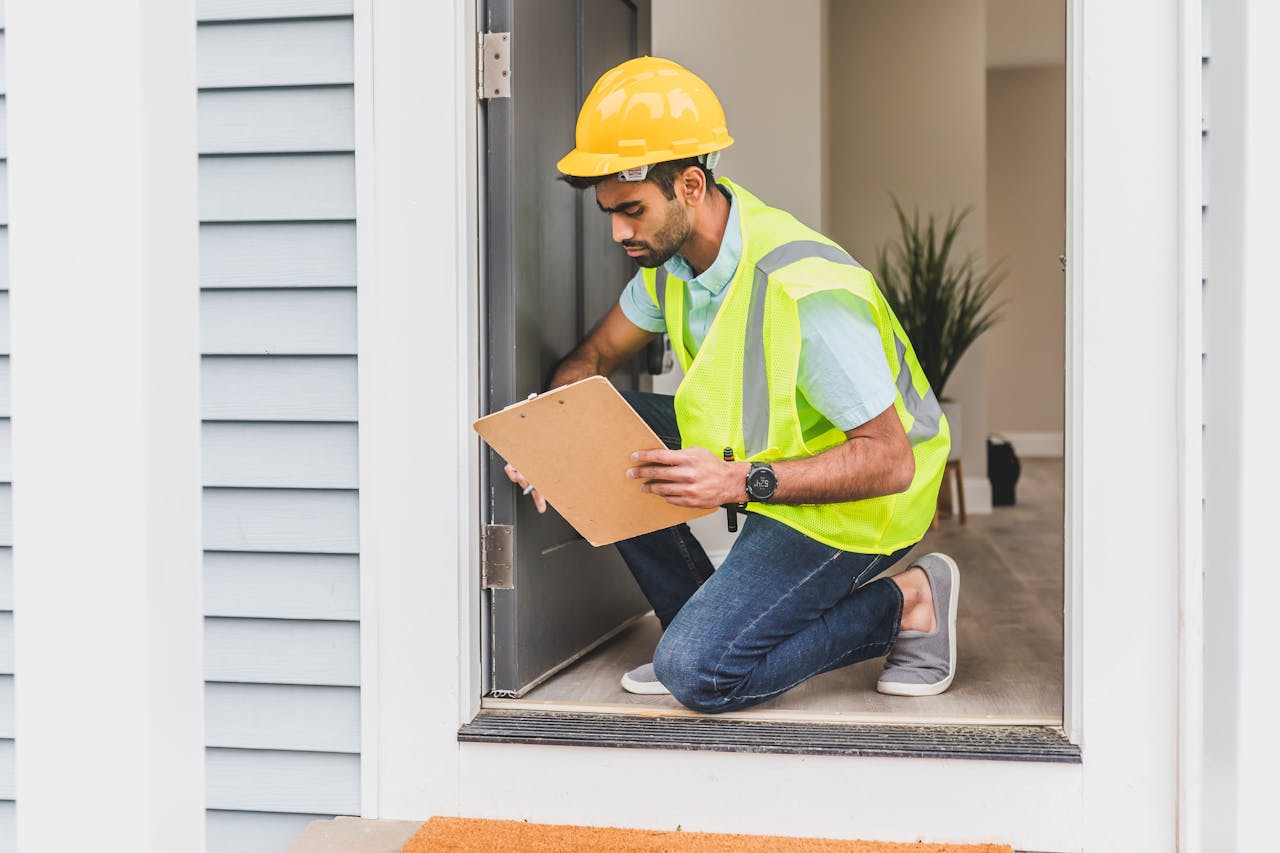Buying a home is one of the biggest financial decisions you’ll make, and a home inspection is a critical step in the process. Getting a home inspection can help uncover potential issues that could cost you thousands of dollars down the line. Considering that 86% of home inspections find something that needs to be fixed, it’s a worthwhile investment.
This guide will provide you with all the information you need to make an informed decision during this step of the home buying process.
What Is a Home Inspection?
A home inspection is a thorough examination of a property’s condition by a certified home inspector. Inspectors evaluate the entire home, including the roof, foundation, plumbing, electrical, heating, cooling, and more. The goal is to identify potential issues or defects that could impact the property’s value or safety. A complete home inspection provides buyers with insight into the property before they close the deal.
Why You Need a Home Inspection
A home inspection is designed to identify potential problems with a property, which can help buyers uncover hidden defects, structural issues, or safety hazards that might not be apparent at first glance during a casual walkthrough. Having this knowledge gives buyers the upper hand to negotiate repairs, adjust the offer price, or even walk away from a property that turned out to be problematic. Overall, it helps protect the buyer from purchasing a home with undisclosed problems.

When to Get a Home Inspection
The best time to schedule a home inspection is after you’ve made an offer on a property and the seller has accepted it. This is usually during the home inspection contingency period outlined in the purchase contract, which is within 5-10 days of the offer being accepted. While it’s possible to get an inspection before making an offer, it typically makes more sense to wait until you’re under contract to avoid any unnecessary costs if you don’t end up buying the property.
The Home Inspection Process
A typical home inspection process has several key steps:
- Scheduling the Inspection: Once your offer is accepted, contact a certified home inspector to schedule an appointment.
- The Inspection: The inspector will spend a few hours looking at the home’s structure, systems, and components. They usually inspect:
- The exterior, including the roof, siding, foundation, and grading.
- The interior, including walls, ceilings, floors, windows, and doors.
- The plumbing system, including pipes, fixtures, and water heaters.
- The electrical system, including wiring, outlets, and panels.
- The heating and cooling systems.
- The attic and crawl space.
- The Inspection Report: After the inspection, the inspector will prepare a detailed written report outlining their findings, which usually includes photos of any issues and recommendations for further evaluation or repairs.
- Reviewing the Report: Carefully review the inspection report with your real estate agent to understand the key issues.
Remember, an inspection isn’t necessarily a guarantee of a home’s future condition, but it provides valuable information to help you make an informed decision.
Cost of a Home Inspection
The cost of a home inspection varies depending on the size of the home, its location, and the specific services included. On average, it can range from $200 to $500. While it may sound expensive, keep in mind that investing in a thorough inspection can save you significant amounts of money in the long run.

How Long a Home Inspection Takes
A home inspection takes approximately 2 to 4 hours, depending on the size and condition of the property.
How to Find a Home Inspector
Start by asking your real estate agent for recommendations or searching online for licensed inspectors in your area. When evaluating your options, consider their certifications, experience, and positive reviews. Next, ask about their inspection process, the types of reports they provide, and their availability. Lastly, don’t forget to ask about their insurance coverage and professional affiliations.
Home Loans that Require Home Inspections
While most home loans don’t explicitly require an inspection, it’s highly recommended for all buyers. That said, certain loan types like FHA and VA loans often require a property inspection as part of the underwriting process, which focus on the property’s condition and habitability. Even if not mandated, a home inspection is an important step for any buyer to identify potential issues before closing the deal.
Home Inspection Report vs. Seller’s Disclosure
A home inspection report and a seller’s disclosure are both important documents in the home buying process, but they serve different purposes. A seller’s disclosure is a legal document completed by the seller that discloses known material defects or issues with the property. It’s a self-reported document based on the seller’s knowledge.
On the other hand, a home inspection is a professional evaluation of the property’s condition by a certified home inspector. The inspector examines the property thoroughly and provides a detailed report of its condition, which usually uncovers issues that the seller may not have even known about. While both have valuable information for the buyer, it’s important to rely on the home inspection report for a comprehensive assessment of the property’s condition completed by a professional.

Final Thoughts
Investing in a home inspection is worth it to protect your investment and ensure a smooth home buying process. With this guide, now you know what to look for and you can make an informed decision before purchasing a property. If the inspection uncovers hidden issues, you can use the findings in the report to negotiate repairs with the seller or revise your original offer accordingly. Remember, a thorough inspection can help you feel confident in your home buying journey and avoid costly surprises after closing.
If you’re ready to take the first step in your home buying journey, Defy can help. We’re an alternative lender who aims to defy the traditional, making homeownership more accessible to a wider range of people. Contact us today for a free consultation to learn more about our loan options and see which one may be the best choice for you.







